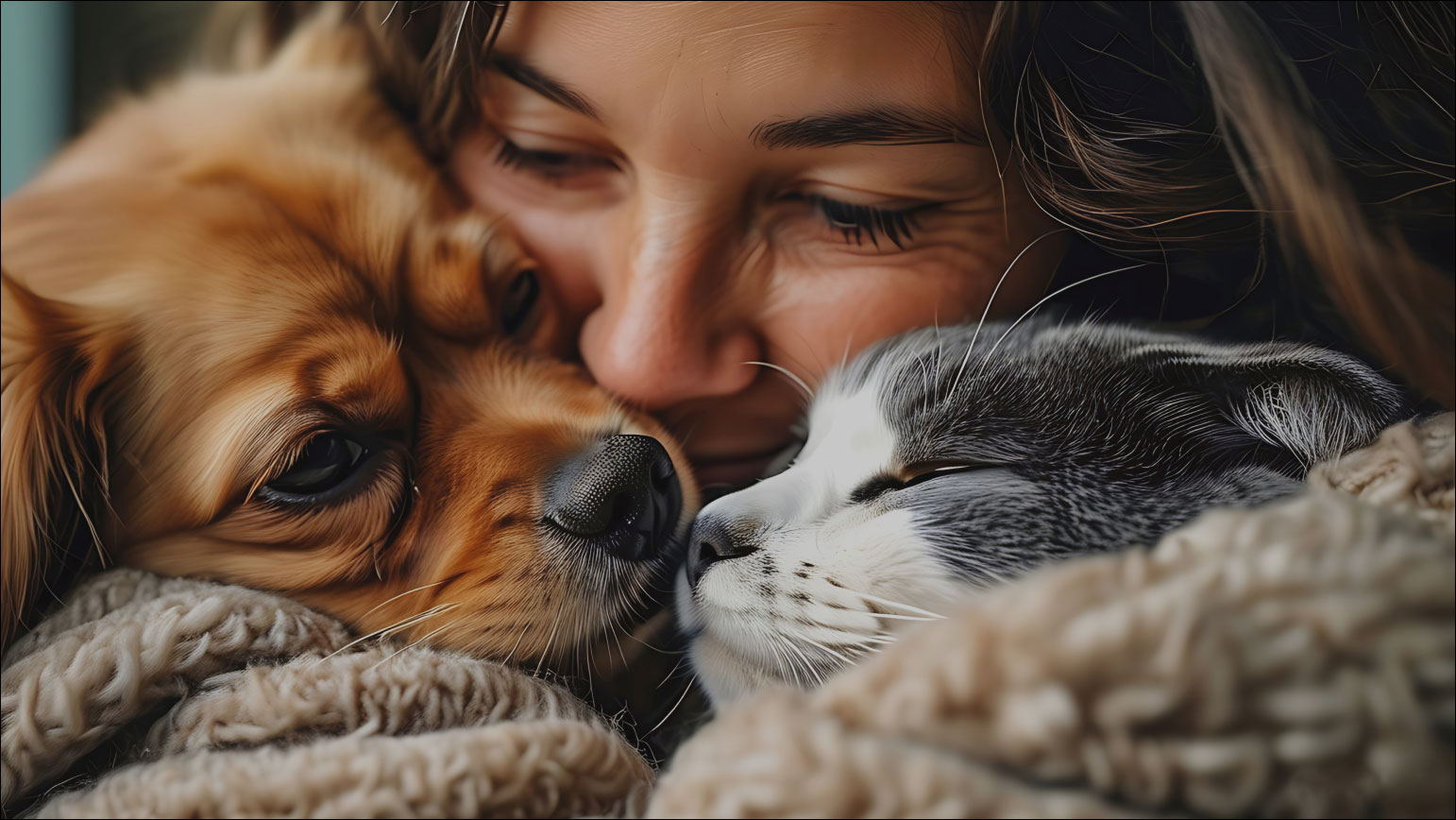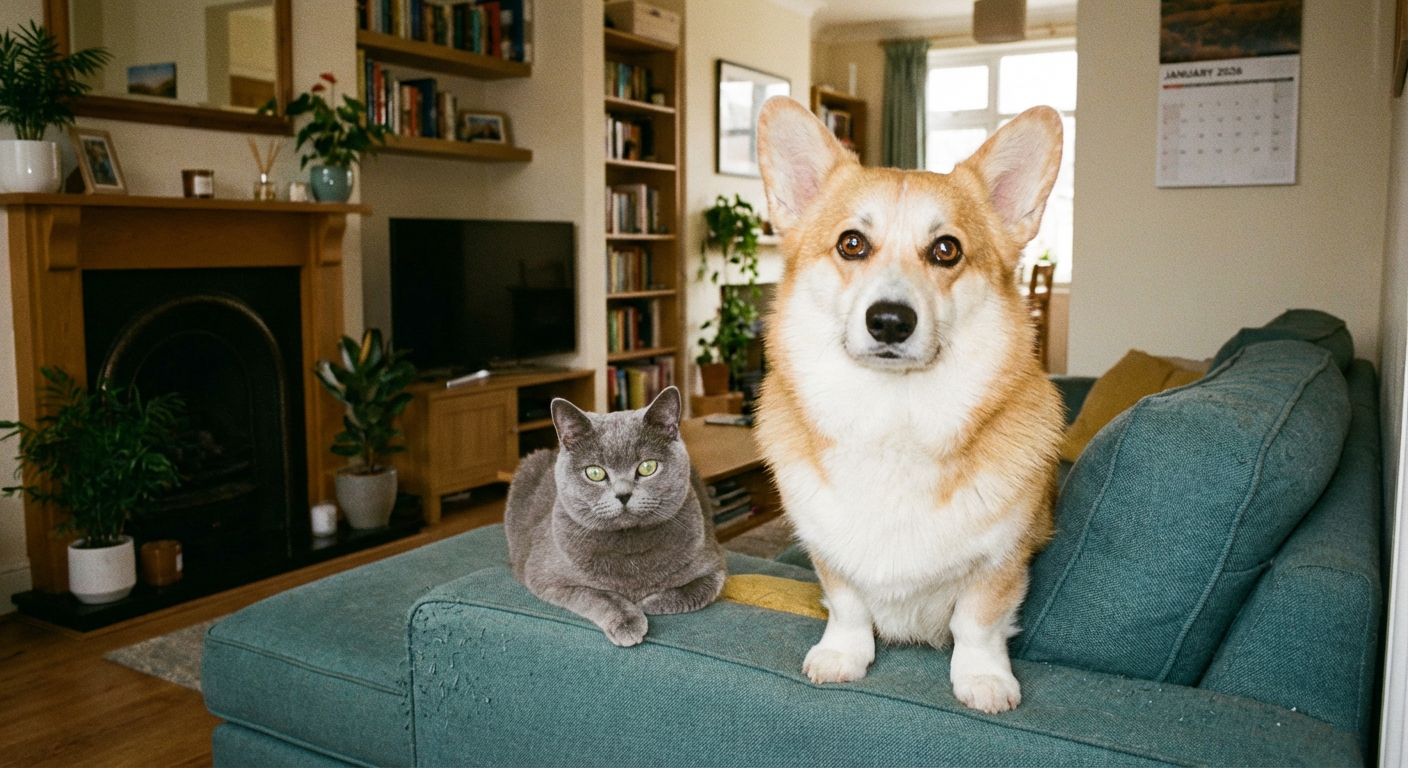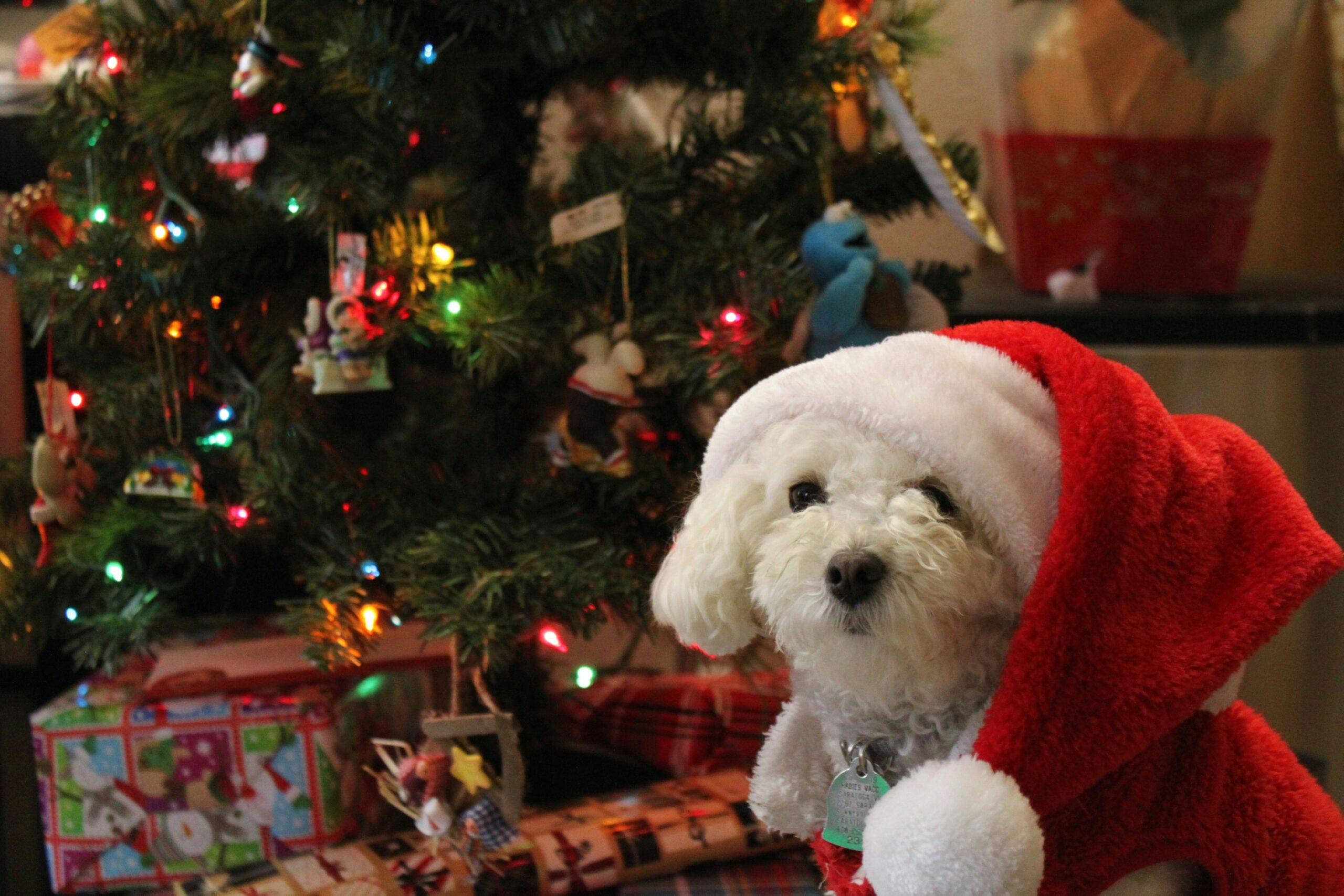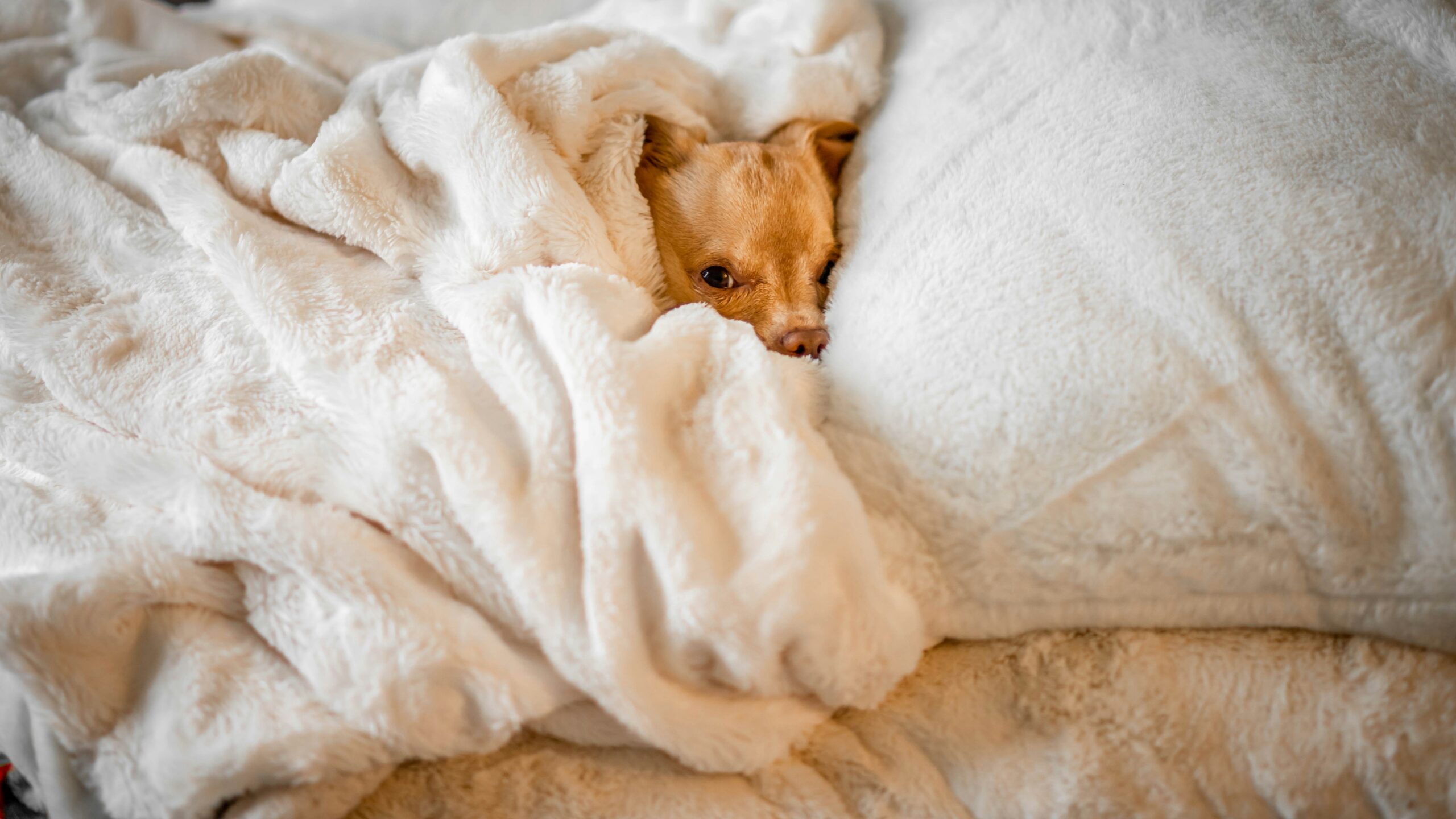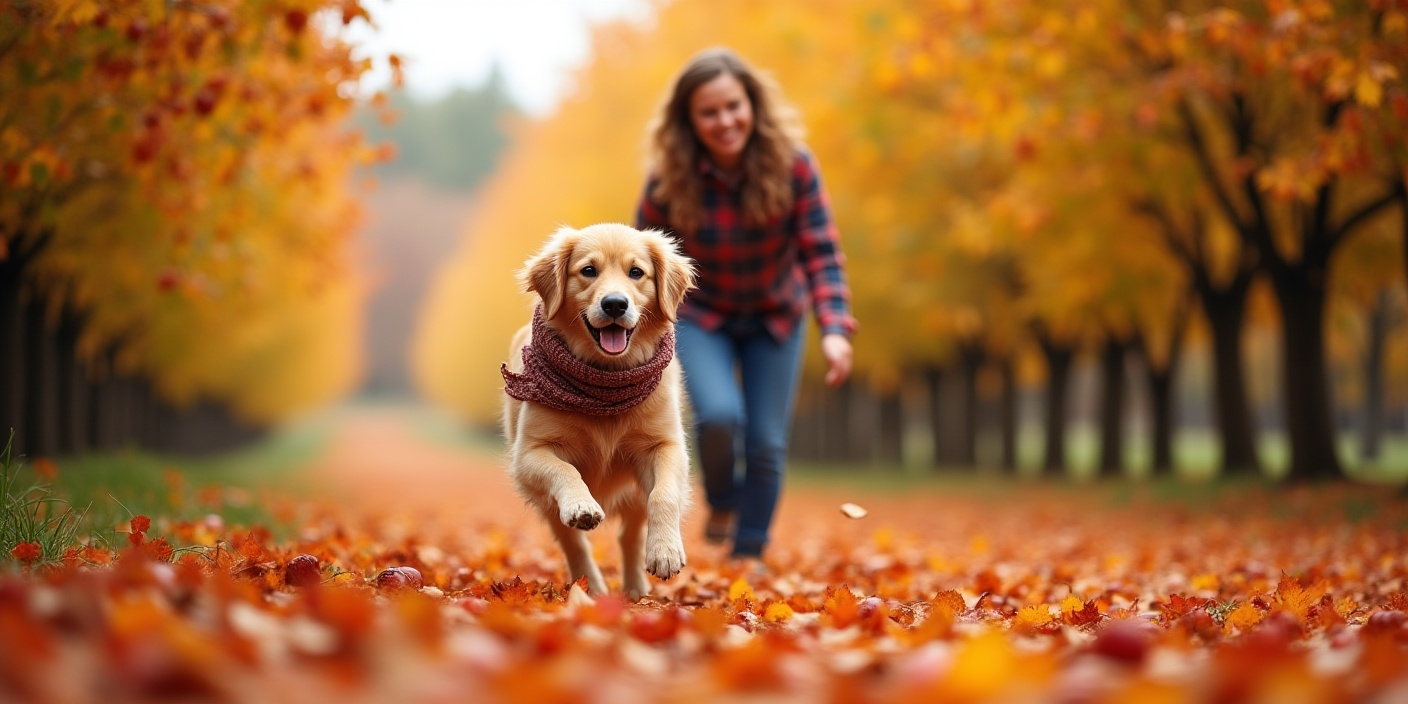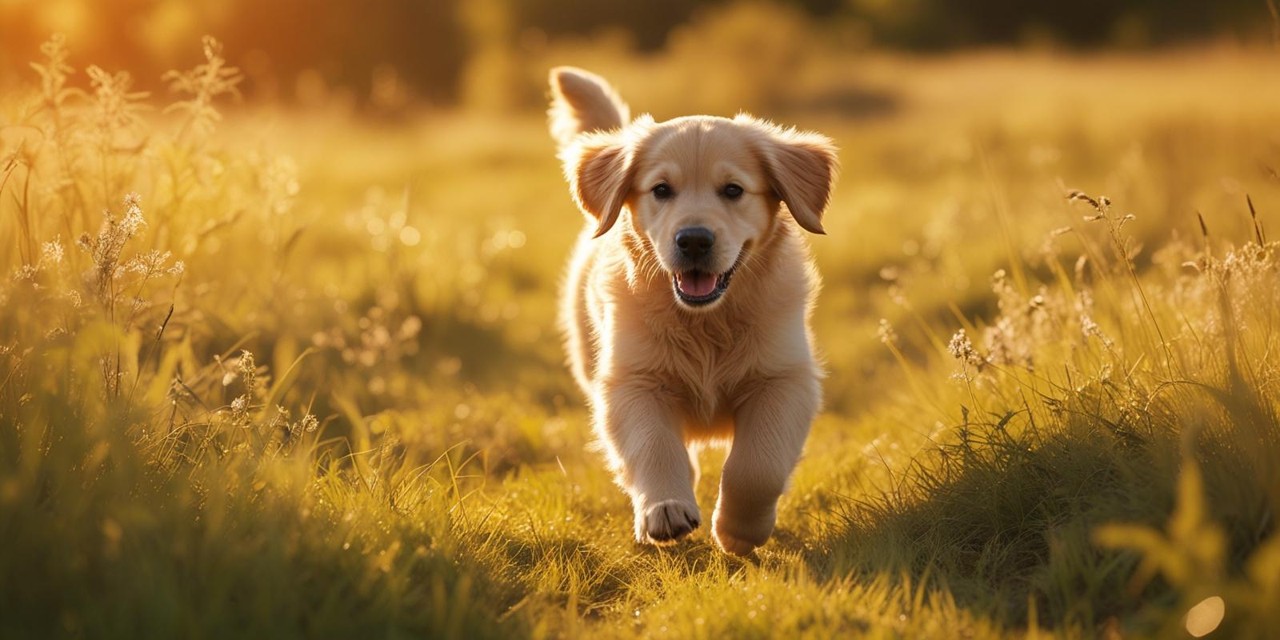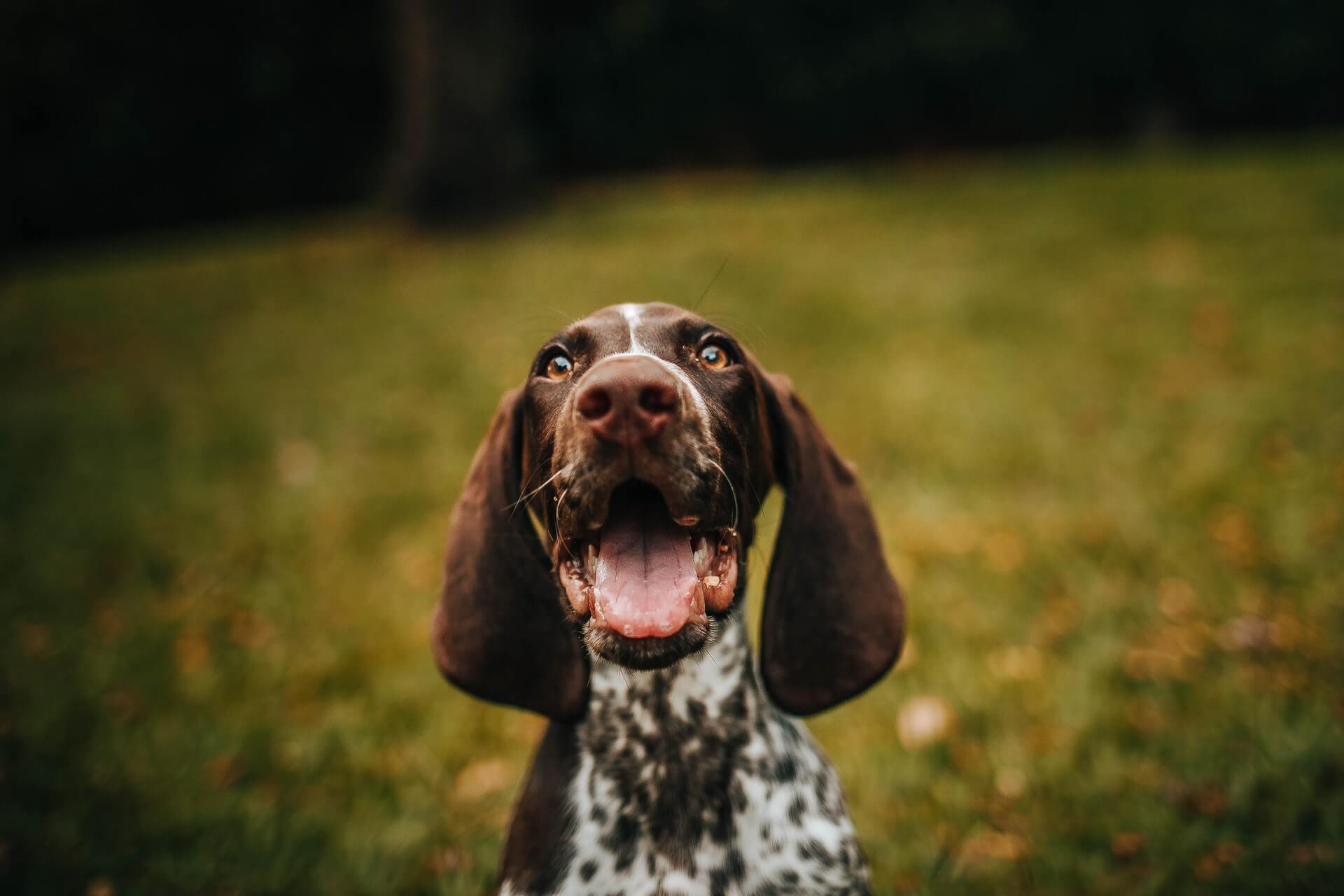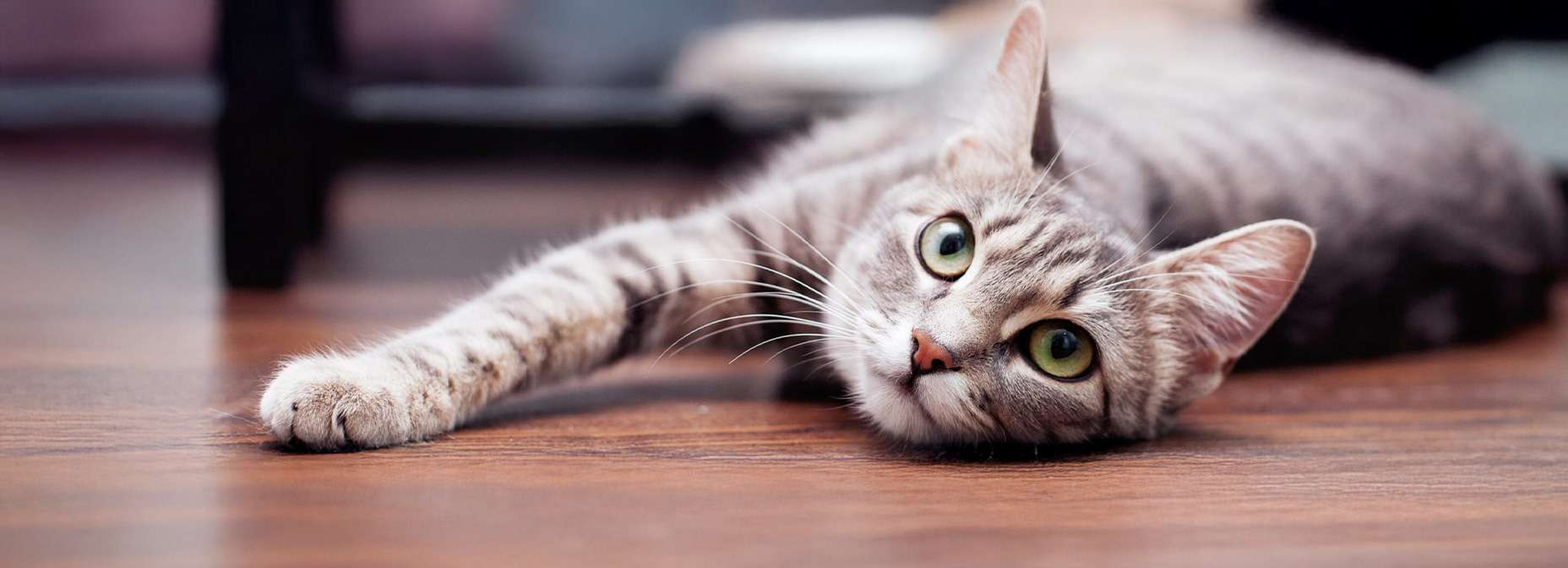The latest from our community
Read our latest news and articles around all things cats and dogs. Plus catch up with our member stories to find out their tips on living with their pets.
- 20% Multi-pet discount
- 24/7 Vet careline
- Claims made easy
- 20% Multi-pet discount
- 24/7 Vet careline
- Claims made easy
Your pet can’t speak — but their behaviour says everything. Learn what common dog and cat behaviours reveal about trust, bonding and wellbeing.
Searching for some 2026 resolutions? Look no further. Check out our top 5 New Year’s Resolutions for you and your pets.
Christmas is on the way! It’s not too late to get your pup something for the season…
The colder months are here! But how can we help our dogs safely enjoy the winter weather?
Bonfire night is coming up, but your pet isn’t keen. Discover our guide to keeping your pets safe this November 5th.
Wondering whether a smart pet feeder is right for you and your pet? Before you buy, we’ve debunked the top 5 myths surrounding smart feeders.
From leaf piles to woodland walks and cosy pub stops, autumn is full of dog-friendly adventures. Here are 8 you and your pup can enjoy together!
Some dogs love nothing more than lying in the sun, while others can run for miles! But in hot weather, it’s important to think about protecting your dog’s paws
Puppy training classes are a necessity, especially if we’re planning to take our dogs out. They teach our puppies valuable life skills.
Our pets are part of the family but being a pet owner and trying to rent a property has not always been straight forward.
Whilst most dogs love nothing more than running around in snow, here’s some tips and advice to consider to help keep your dog safe and happy.
Supplements help reduce joint pain while keeping pets coats glossy. Have a look at what you should know before giving your pet supplements.
